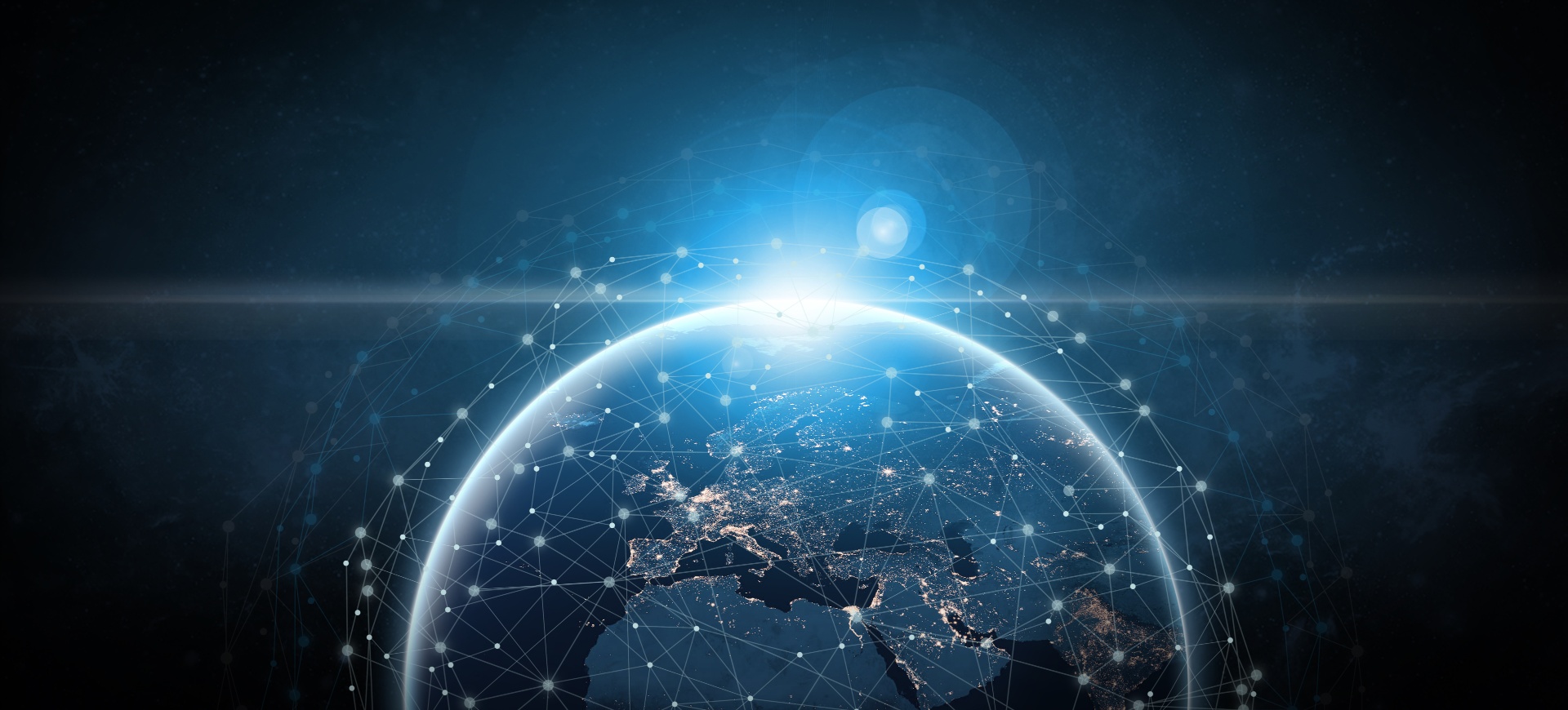Stronger together in a new global security era
As G7 leaders meet at their Elmau Summit, they have an opportunity to demonstrate enduring unity as we shape the future global security landscape – standing strong, together, in the face of any threat
President Vladimir Putin’s war of aggression in Ukraine has shattered peace in Europe and ushered in a new security reality. Authoritarian states such as Russia and China are increasingly challenging our fundamental values of freedom, democracy and the rule of law. They are openly contesting the core principles of our security and seeking to rewrite the global rulebook. Other security challenges such as terrorism and nuclear proliferation persist and many more are on the rise, from cyberattacks and climate change. All these challenges are far greater than any country or continent can tackle alone. More than ever, democracies around the world must come together to uphold the rules-based international order on which our peace and prosperity depend.
In NATO, 30 democratic countries across Europe and North America stand united to protect our people and way of life. We have done so successfully for over seven decades. Today, we are as united as ever in a more dangerous world.
NATO allies were at the forefront of diplomatic efforts to prevent Russia’s aggression against Ukraine, including through engagement in the NATO-Russia Council. However, President Putin chose otherwise. He started an unjustified war, which we have unanimously condemned. We have repeatedly called on Moscow to end it and imposed tough sanctions to hinder Russia’s war machine. We are also supporting Ukraine, including with security assistance to defend its land and humanitarian assistance to help its people.
Boosting defences
At the same time, we are strengthening our defences to prevent any escalation of the war beyond Ukraine. NATO allies have already contributed more troops, planes, ships and other capabilities, and will continue to do what is needed to protect every inch of NATO territory. Our commitment to defend one another against any threat, at any time, is steadfast.
The decision by Finland and Sweden to seek membership in NATO testifies to the strength of the alliance and the importance of standing together to defend our values. Joining NATO would make both countries safer and our alliance even stronger.
President Putin has been failing in his strategic objectives. He wanted Ukraine defeated, NATO down, and Europe and North America divided. Instead, Ukraine stands, NATO is growing stronger and transatlantic unity is rock solid.
The war in Ukraine is a game changer for European security, but its repercussions go well beyond Europe and the Euro-Atlantic area. They are global and long lasting. The war has created one of the biggest humanitarian crises in Europe in decades. Almost a third of Ukrainians have been internally displaced or have fled their country. It has also profoundly disrupted markets worldwide, driving up the cost of critical commodities, including food and energy. Moreover, it has put China’s relations with Russia in the spotlight. Beijing has been unwilling to condemn Moscow’s aggression, it has joined Moscow in questioning the right of countries to join NATO, and it has provided Russia with political support, including by spreading its blatant lies and disinformation. These are serious challenges to us all. They require a global response from democracies.
Key G7 coordination
The leadership of the G7 is key to coordinate action and shape decisions among like-minded countries. Under the German presidency, and that of the United Kingdom beforehand, the G7 has been essential to ensuring a united response to the war in Ukraine. Indeed, the G7 effectively coordinated unprecedented economic sanctions on Russia, lent Ukraine strong political support and warned China not to threaten global security by supporting Russia. NATO has actively backed these efforts. For the first time ever, NATO served as the venue for two G7 meetings in 2022 – a powerful show of unity between the world’s greatest military alliance and the world’s most advanced economies.
We will continue to work in lockstep with the G7 and other like-minded partners around the world, from the European Union to countries in the Asia Pacific region, including Australia, Japan, New Zealand and Korea. Together, we must not only work through the current crisis – we must also better address the systemic challenges to our values and way of life in the longer term. One thing is certain: we are stronger together in this new global security era.
G7 leaders will meet at the Elmau Summit on 26–28 June and then NATO leaders at the Madrid Summit on 29–30 June. These will be opportunities to demonstrate our enduring unity as we continue to shape the future global security landscape, where democracy prevails over autocracy, freedom over oppression, and peace over war.












